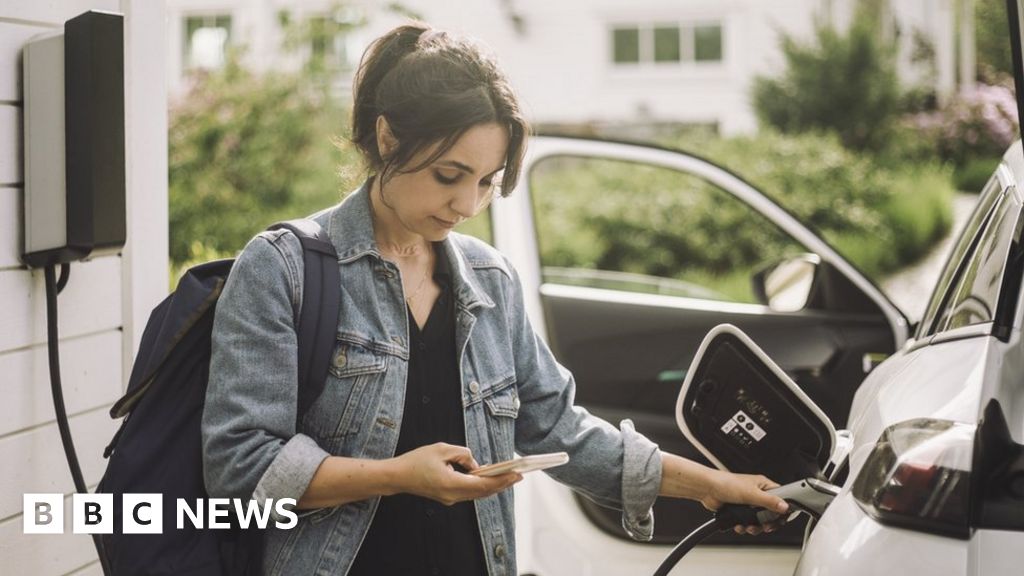- Oct 12, 2022
- 2,703
If a manufacturer sells too few electric cars then he is fined £15,000 per vehicle. He has to sell electric cars no matter what. If he sells too few electric cars relative to petrol cars, he has to discount the electric ones as a loss leader to avoid swingeing penalties.
For example, if his target is 20 electric cars out of 100 total car sales. To make the same profit on each, perhaps the electric one would be £35k and the petrol £25k. Total income £2.7m.
But electric sales aren't going well, and he is going to finish 10 cars short. His income will be down at £2.6m but his costs will also be down, so his gross profit hasn't changed much. Except for this penalty - he should have sold 22 electric cars for his 90 petrol cars, so he is fined 12 x £15k which is £180k. It's a big hit to his profit.
Far better to discount the electric cars to say £30k, and perhaps sneak the petrol cars up to £26k, so his total income for the 20/80 sales is now £2,680, down a little, but no fine.

Firms still forced to sell more electric cars despite petrol ban delay
Car makers will still have to ensure over a fifth of cars sold are electric from 2024.www.bbc.co.uk
It’s worth mentioning that there’s a carbon credit scheme so manufacturers can avoid the fines by buying credits off companies who are doing very well selling EVs (at present Renault, MG, Kia, Hyundai and Tesla)
All of the above still have combustion engine vehicles available, but have excellent EV ranges which are selling.
Other manufacturers appear absolutely schizophrenic, doing the financial equivalent of a bather dipping their toes in the water and undecided as to whether to fully get in.
They’re making their own lives worse, as they don’t have any consistent message. On one hand they’re still developing combustion engine vehicles, and if you go to their showrooms that’s what they have visible, on the other hand they claim they’re seeking clarity, when the phase out has already been set in stone, and a majority of manufacturers are begging the government not to make any last minute changes, as planning new models takes a decade from initial planning to market.
My suspicion is there will be tweaks to the level of transition expected on a year by year basis, but the end destination will remain the same, largely because it has to. There’s no meaningful alternative to decarbonising the economy.
